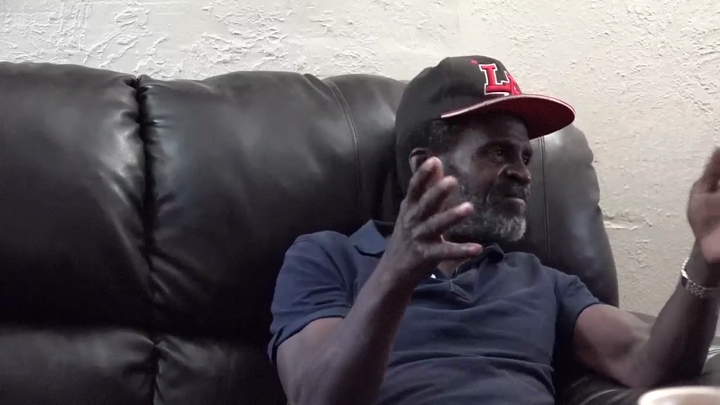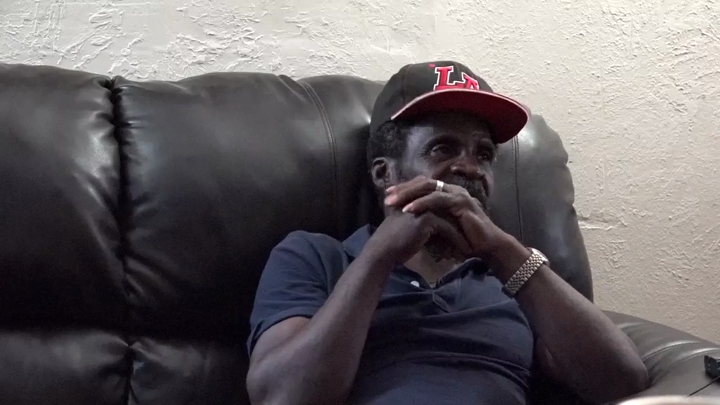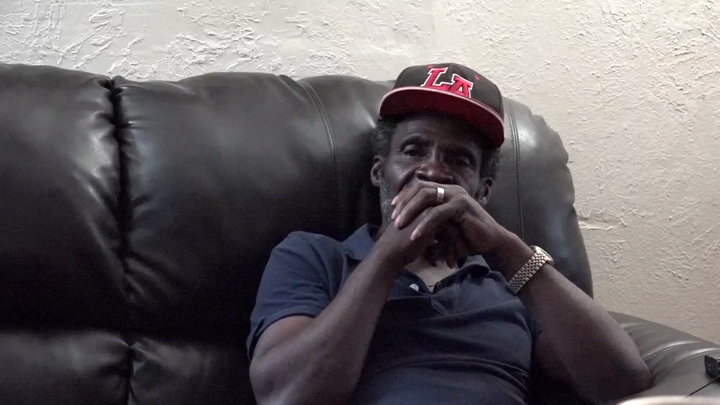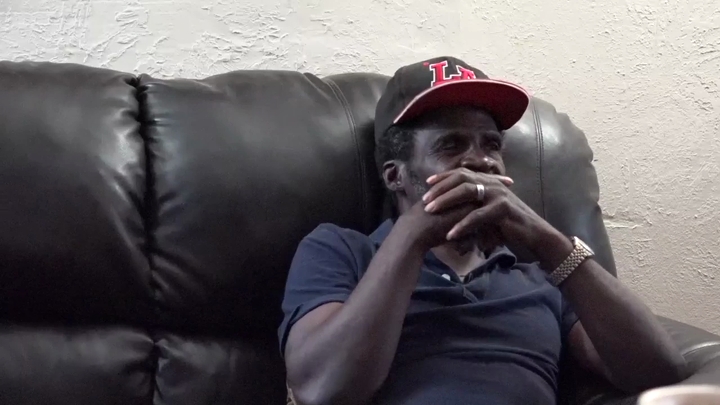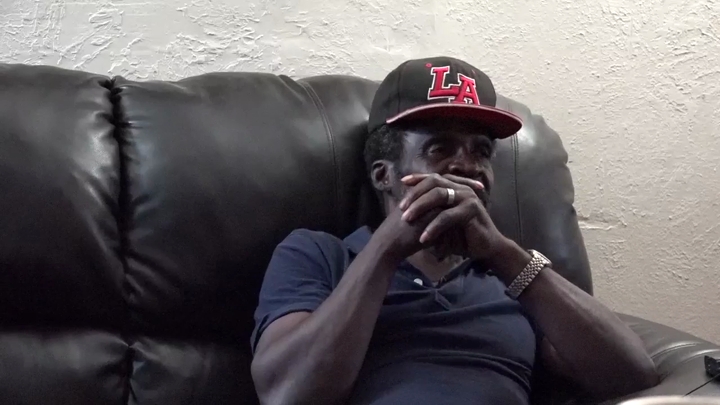Aaron / Black Movements and the Black Panthers
sign up or sign in to add/edit transcript
Interviewer: You mentioned the Nation of Islam. What was your impression of the Nation back then? Aaron: My impression of the Nation was they was trying to help black people and they was—they had some mind-shocking things they would tell us. (inaudible) They was (inaudible) on the white man. You know, the white man was the devil. Black people needed to get together. You know, that whole black movement thing. Well, at the time, this was my first initiation into politics and organizations and the things they would tell me, it made me start thinking. They started talking about why we all slave names—walking around with slave names. Walking around—talking about being for yourself. Black man do for yourself and all this kind of stuff. They just started me to thinking. That was they’re politics at the time. That was Black Muslims program back then. In the beginning, I was—it sounded good to me, you know? Sounded good to me. Well, I never actually joined the organization because I had a few problems with it. Things I couldn’t work out in my mind. Interviewer: What were some of the things that you were wrestling with that prevented you from joining? Aaron: (inaudible) One of them very well could have been the white man being the devil. That’s the first thing that comes to my mind. I can’t recall all of them, but I had problems with some of it, the Black Muslim philosophies. That prevented me from joining the organization. I had some problems with it. Interviewer: When did you get involved in the People’s Party Two? Aaron: I guess it was late 1969 or early 1970 when I met Carl. He had just come back from California. I knew him before he was a Panther. Carl grew up in Pleasantville too. He used to play that baseball. We used to play baseball together so I knew him before he went to California. When he come back from California, I happened to see him—he used to come to Pleasantville and be preaching and talking. Trying to organize. I started listening to him and I started liking the things he was talking about and started working with him. Carl was the one who really turned me on to the Black Panther Party, the People’s Party Two because he was the initiator. He would come to Pleasantville and talk to us and that’s how I got involved in that.


